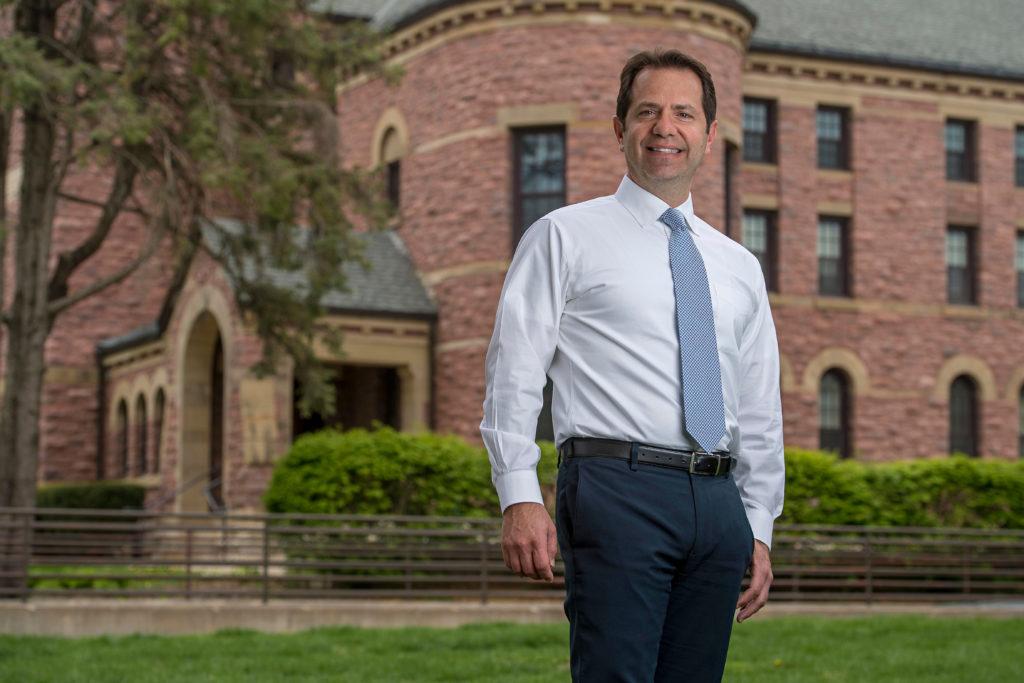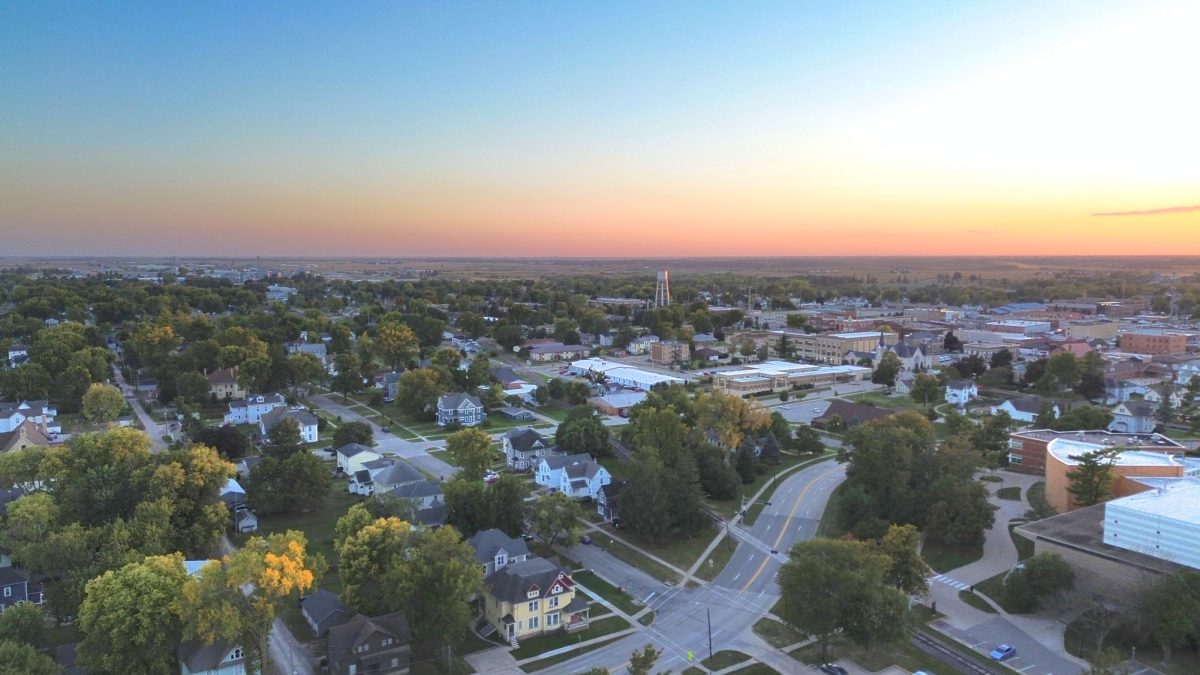At a recent meeting, the Board of Trustees and the admissions office of the College discussed potential changes to the need-blind admissions policy. The College has previously considered such changes, as reported by The S&B in 2012, and chosen not to eliminate the policy (see https://www.thesandb.com/news/need-blind-likely-to-be-spared-as-college-plots-financial-future.html). At the time, College President Raynard Kington assured the college community that, “We’re not here to get rid of need-blind.”
The question is up for debate again, however. Patricia Finkelman, chair of the Board of Trustees, explained that “The Board of Trustees voted in 2015 to retain our policies of need-blind admission and meeting 100 percent of demonstrated financial need for domestic students. We planned to revisit that decision in 2018.”
According to Joe Bagnoli, dean of admissions, the trustees indicated little interest in eliminating it this time, either. “To be clear, I did not observe a high degree of interest among board members in abandoning the need-blind policy at this point in our history,” Bagnoli wrote in an email to The S&B.
Despite both the trustees and the administration stating opposition to the removal of need-blind admission, discussions continue about the preservation of such a financial policy amid concerns about budget sustainability.
“Essentially, need-blind admission policies became part of the higher education landscape in the late 1970s/early 1980s when colleges realized that low-income students might not apply for admission if they believed the College would either deny them due to limited financial resources to pay the costs of attendance or because they would not be able to afford to attend even if admitted,” Bagnoli wrote. “As the years have gone by, many early adopters of these policies were forced to abandon them because they couldn’t control their financial aid expenditures and found that it was necessary to include a reference to family financial circumstances (i.e., become “need-aware”) in their comprehensive review of an applicant’s file. This became necessary in order to insure that enough student revenue was generated to support the costs associated with regular college operations.”

Bagnoli noted that the College is concerned about the sustainability of their funding model due to the large proportion of students with financial need that attend the College. According to an Inside Higher Ed article, the College did begin to recruit more wealthy students, and raise the cap on loans (see https://www.insidehighered.com/news/2013/02/25/grinnell-will-stay-need-blind-seek-more-students-ability-pay).
“The reasons Grinnell’s board has been thinking about the sustainability of the policies here are because we serve a larger than typical share of students with financial need (and therefore expend considerable resources from our endowment to cover operational costs each year),” Bagnoli wrote. “Of course, our endowment is large enough to contribute toward higher-than-typical investments in institutional financial aid, but it isn’t bottomless and spending from our endowment is not replaced by philanthropic support at the same rate as at most of our peers,” he wrote.
In addition to the endowment, the school also relies on donations and tuition revenue to support the need-blind policy. Bagnoli expressed optimism regarding the current status of donations and “student revenue,” or income generated by tuition.
“Fortunately, we have had impressive gains in charitable contributions from our alumni and several years of growth in student revenue. Consequently, the board appears supportive of retaining the policy as long as we can continue to balance our funding sources so that the endowment isn’t compromised over the long-term,” Bagnoli wrote.
Bagnoli stated that even if the policy was abandoned, it would have little effect on the amount of aid enrolled students would receive, or on support for students of color. He acknowledged however, that full pay students would be given preference over those unable to pay.
“A change in the policy at Grinnell, in all likelihood, would not affect the amount of financial aid an individual student receives because the board is committed to meeting 100 percent of every student’s financial need with financial aid,” Bagnoli wrote. “It is also not likely to mean that we would see a drop in service to domestic students of color since there is universal support at Grinnell for diversity in the student body. However, it’s possible that Grinnell would become less diverse internationally or would demonstrate a preference for the most highly qualified majority students who would be willing to pay a large portion of what their families can afford to attend Grinnell.”



























































